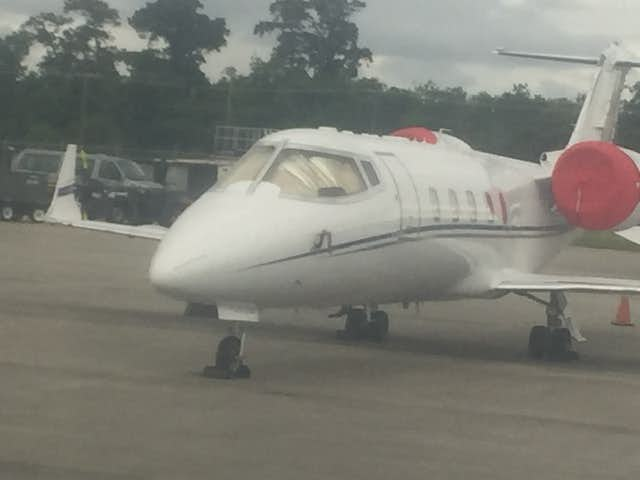
A just-published white paper from Argus TRAQPak shows the dramatic drop in private aviation flights. It also paints a difficult picture looking forward.
When states started locking down around March 15th activity changed significantly
Argus TRAQPak COVID-19 Impact On Business Aviation white paper
The TRAQPak analysis says, “The rapid draw-down of flight activity by airlines and business aviation operators has been swift and dramatic.”
“When we calendar day adjust and compare to the same time period in 2019, nationwide business aviation activity is down 29.4%. Review of the first 10 days of March, compared to the same period in 2019, showed that activity was only down about 5%, but when states started locking down around March 15th activity changed significantly,” according to the report.
There were 56,154 business aviation flights from March 11th – 17th. After nationwide social distancing and shelter in home orders were issued, flight activity for March 18th – 24th fell to 28,899 flights; a drop of 46.8%.
Argus said turmoil in the financial markets hasn’t been an overriding factor.
An initial prediction for April shows that monthly activity will drop by 43.8% compared to 2019. However, the decline could be as high as 60%. That’s if shelter in place and overall nationwide lockdown orders remain beyond mid-month.
Projections show that the first 14 days of April will be down 61% year over year. The last 16 days will be down 28% providing restrictions begin to ease.
The study notes California was the busiest state for private jet flights in 2019. New Jersey with Teterboro Airport serving New York City was fourth. Both are expected to be impacted until May at the earliest.
TRAQPak says industry recovery will be based on several key states. It points to Texas (second busiest private aviation market), Florida (third) and Georgia (fifth) rebound. The three states accounted for 21% of all business aviation activity in 2019. Those hopes might be gone now. Earlier today, Florida Governor Ron DeSantis issued a statewide stay-at-home order starting Friday.
Critical will be how long lockdowns remain in place. A later peak means recovery is going for the industry will be slower. Argus noted, “The longer companies are placed on hold burning through cash, the longer it will take to restart.”
A survey of Private Jet Card Comparisons subscribers, who last year averaged 111 private jet flight hours, showed most flying for the next 90 to 120 days will be for relocations (46%) and visiting second homes (45%). Just over a third (35%) of respondents said they would fly privately for critical business trips.
Industry executives believe a possible silver lining at some point is new users have been drawn into the market. They also believe private jet fliers who split flights between airlines and business aviation may shift all or most of their flights to private solutions.
In the Private Jet Card Comparisons research, 77% said over the next six month reducing potential exposure to Coronavirus will most likely influence their decisions to fly privately. Only 22% said they had concerns about personal assets or company sales versus the cost of private flights.
Respondents were evenly split between those who believe by end of the year their private jet flight hours will increase, those who think they will be flat, and others that expect their private travel to decline compared to last year. Prior to the COVID-19 Coronavirus crisis, only 5% said their flight hours would drop this year.
The Argus analysis included owned aircraft (Part 91), fractional (Part 91K), and on-demand charter and jet cards (Part 135).

